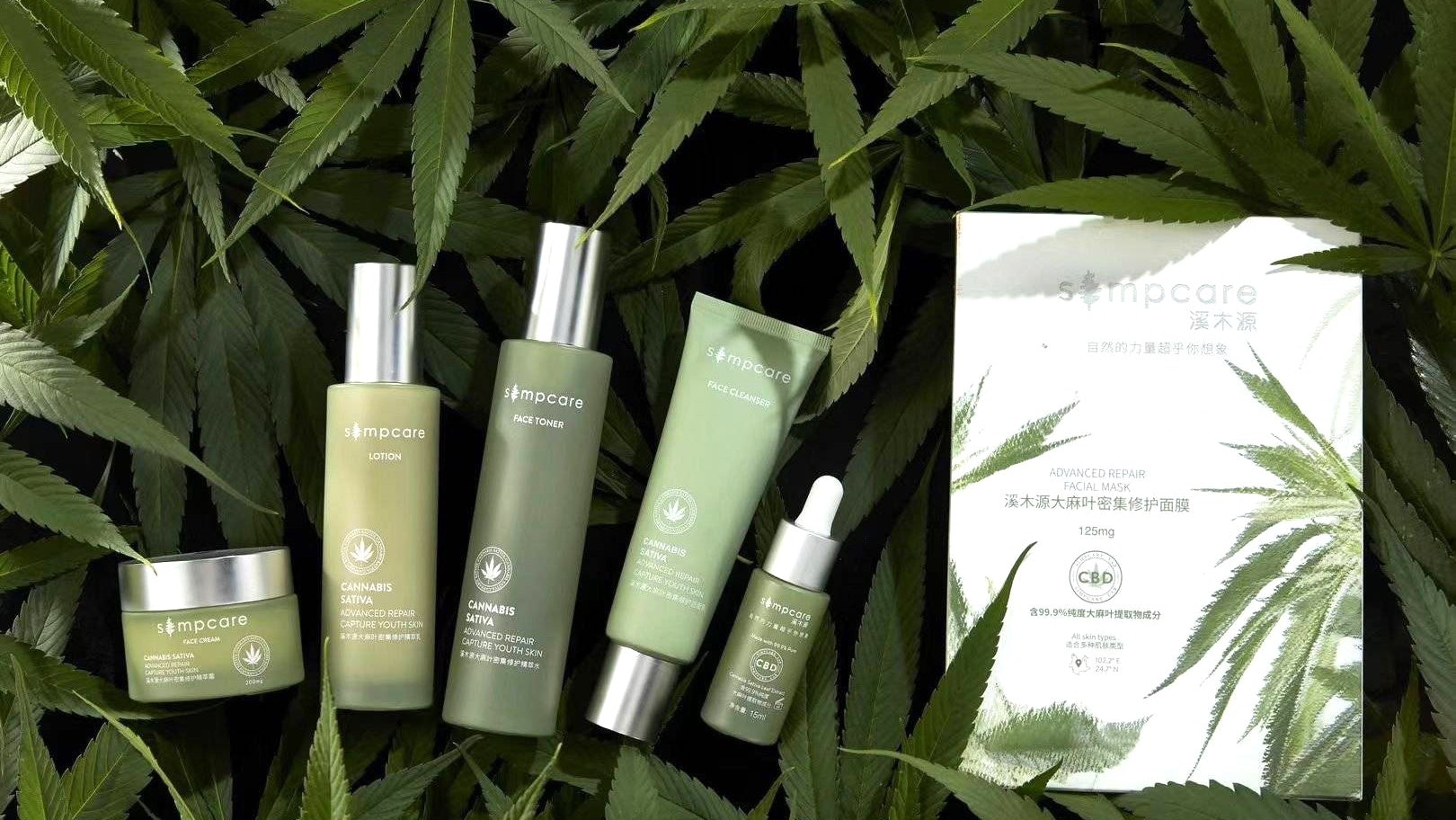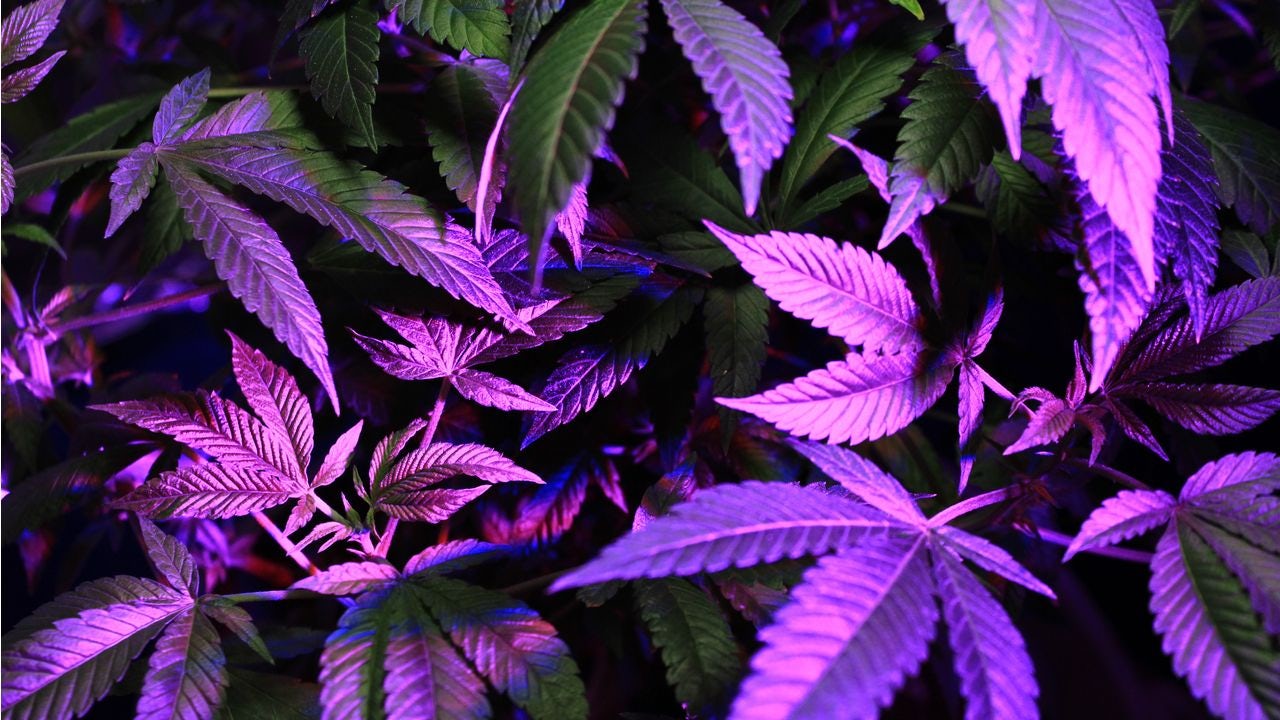What happened
According to an announcement posted on the website of the National Institutes for Food and Drug Control (NIFDC), the Chinese government is proposing new legislation to prohibit the use of Cannabis and Cannabis extracts in cosmetics, including Cannabis sativa kernel fruit, Cannabis sativa seed oil, Cannabis sativa leaf, as well as cannabidiol. The proposed ban is in stark contrast to the Western approach where the complex regulatory landscape is being simplified, but it is in line with the measures taken in other Asian countries where the oversight of CBD products is still restricted. It is worth mentioning, however, that China classifies marijuana as a dangerous narcotic drug and possession of hemp seeds is criminalized.
The Jing Take
China has grown hemp, a strain of Cannabis, for thousands of years to use in clothing and traditional medicine and is one of the world’s largest hemp producers. Some critics argue that this approach is duplicitous, as the government allows the cultivation of hemp but criminalizes possession.
According to George Deckner, personal care and cosmetics industry expert at Prospector, Cannabis derivatives are “some of the hottest, most talked about ingredients in cosmetics.” Deckner rightly highlights that the use of CBD skincare and beauty products has become a major beauty trend; thus, the segment offers noticeable opportunities. This is even more the case in a major holistic market like China, where consumers demand “natural” and organic ingredients. Moreover, an AlixPartners survey showed “a common interest in natural and organic beauty products” in China, France, Germany, the United Kingdom, and the United States, with 90 percent of the Chinese respondents stating it “was important to purchase healthy or clean products.”
Regarding the benefits of Cannabis derivatives in cosmetics, one thing is certain: if China continues to prohibit the application of Cannabis-related ingredients, it will lose an enormous market opportunity. Not only will the industry move overseas, creating business disrupters and beauty unicorns, but it will also give competitors a chance to capture a larger global market share.
The Jing Take reports on a piece of the leading news and presents our editorial team’s analysis of the key implications for the luxury industry. In the recurring column, we analyze everything from product drops and mergers to heated debate sprouting on Chinese social media.

